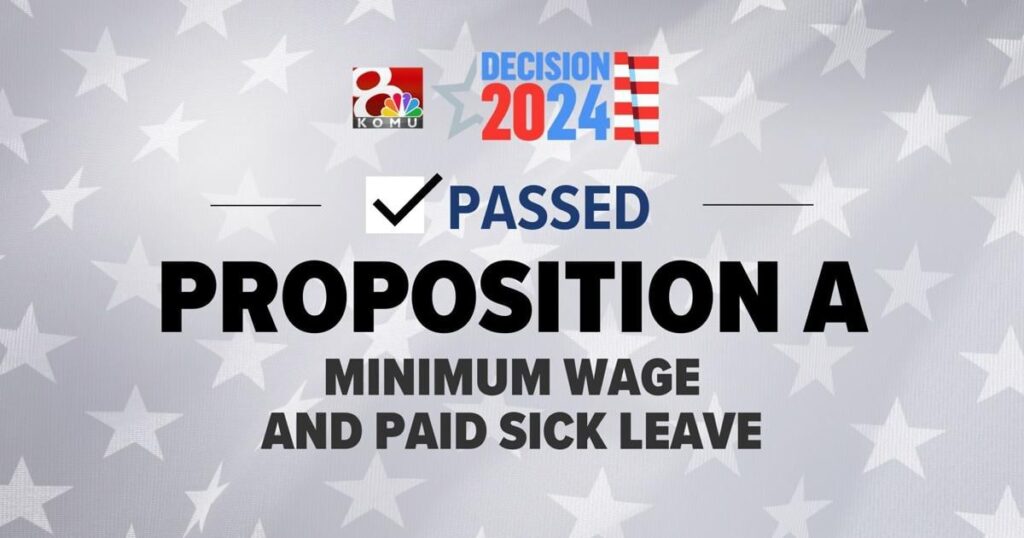ST. LOUIS — Retail and restaurant groups are vowing to fight “with every option” the state minimum wage increase approved by voters this week.
The measure would raise prices for consumers and “place a significant economic burden” on Missouri’s restaurants, grocery stores and other small businesses, six industry groups said in a statement this week.
Such government mandates and regulations “hinder job growth and economic development,” the statement said.
“It’s too broad,” Missouri Restaurant Association CEO Buddy Rahl said in an interview with the Post-Dispatch Friday. “The language of the proposal is misleading to voters. … It affects small people. We’re going to stand up for small business owners.”
Opponents include Associated Industries of Missouri, the Missouri Chamber of Commerce, the Missouri Grocers Association, the Missouri Restaurant Association, the Missouri Retailers Association and the National Federation of Independent Business.
“All available options”
The group said in a statement that it was considering “all available options, including legal action, to ensure that unemployment rates and the cost of living are not adversely affected by this proposal.”
Voters on Tuesday overwhelmingly approved Proposition A, which would raise the state’s minimum wage from $12.30 to $13.75 an hour on Jan. 1, then increase to $15 an hour in 2026, subject to annual inflation adjustments. . The law also requires private sector employers with at least 15 workers to provide one hour of paid sick leave for every 30 hours worked.
Rahr said the coalition plans to take arguments to the state Supreme Court, saying that because Prop. A deals with wages and sick leave, it is not a single-subject issue and is therefore unconstitutional.
make more than the bare minimum
The push to raise the minimum wage has long faced criticism, as have concerns raised by business groups in Missouri. Opponents say rising costs will lead to layoffs and burden small and medium-sized businesses with low profit margins.
The federal minimum wage is $7.25 and applies in neighboring states of Indiana, Iowa, Kansas, and Kentucky. Missouri voters also voted to raise the minimum wage in 2018.
Jerome Katz, a professor at St. Louis University’s Chaifetz School of Business, said the pay increases are “viable” for most financially healthy small and medium-sized businesses.
Reduce expenses and raise prices
Businesses will consider whether they can cut costs and raise prices to meet the new minimum wage, which will happen across the board, he said. And communities are usually happy to see wages go up for workers like them, he said.
“Everybody’s going to be angry, but we’re going to get used to paying more,” Katz said. “Paying a little more hurts less when the money goes to people like them.”
Wage hikes will have the biggest impact on companies that are “close to the bone in terms of profit margins,” he said. They may reduce their workforce. Some close completely.
“It would hasten their demise and force them to cut staff and time,” Katz said.
Peter Baumgarden, director of the Koch Family Enterprise Center at the University of Washington’s Olin School of Business, said service sectors such as retail, food service and day care have the most employment, given the high proportion of hourly workers. He said it would have a major impact.
But many companies already pay above the minimum wage to attract and retain talented employees, Bumgarden said.



